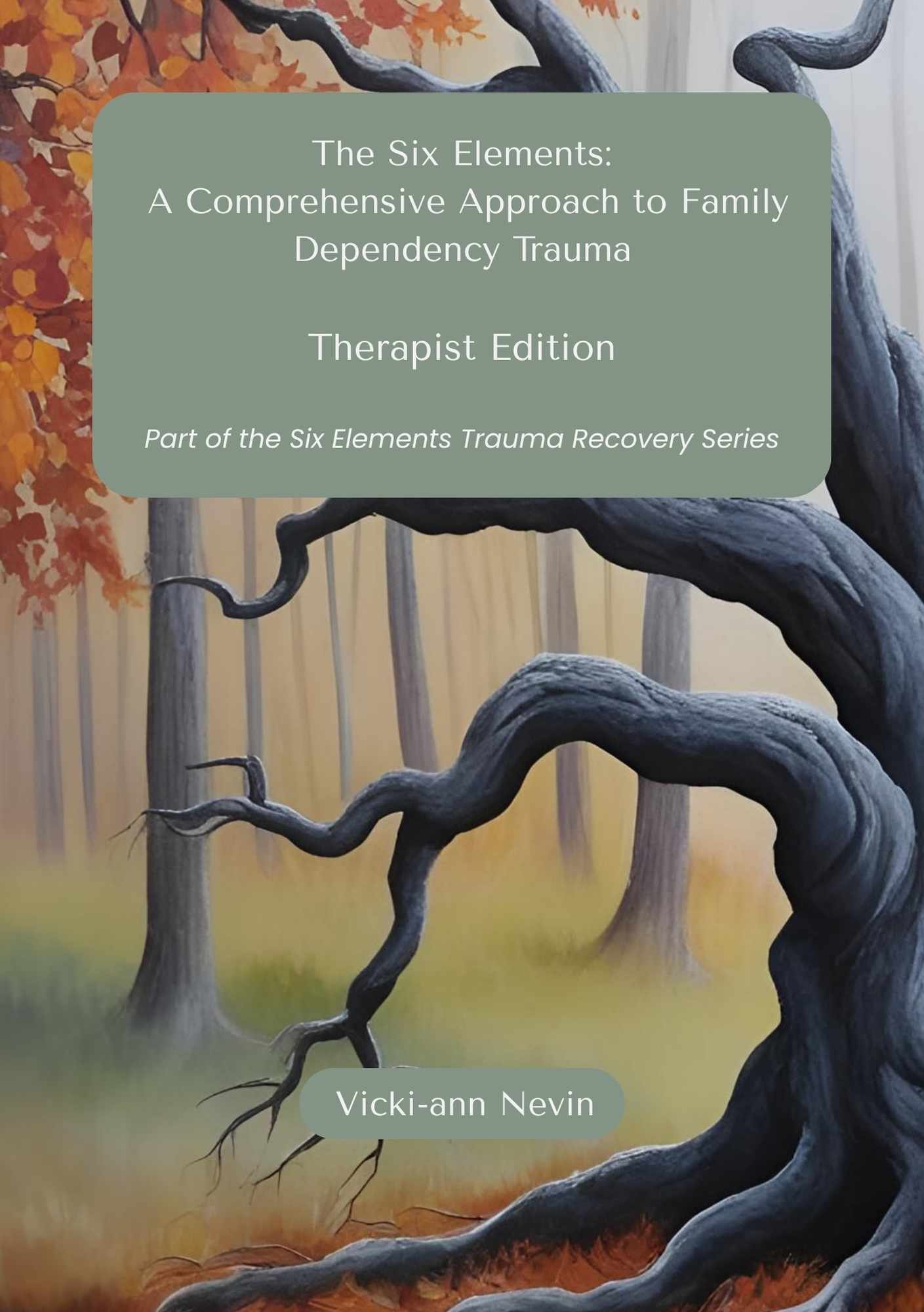Don't Speak: Clients from Substance-Dependent Families Guide
Recovery for your clients means reclaiming every aspect of their lives that the trauma of growing up with substance or process-dependent parents took from them, including their voice. This developmental trauma creates lasting neurobiological changes that affect how clients relate to themselves and others. In families affected by this trauma, the powerful rule of "don't speak" maintains the status quo and follows clients well into adulthood.
The "Don't Speak" Rule in Families
In families with dependency trauma, children learn not to:
Talk about family problems
Speak about themselves
Ask for help or express needs
Reveal family secrets to outsiders
As one client might share: "Once, we were all in the kitchen around dinnertime when my mum burst into the room. She was drunk... I didn't know what was going on because we didn't talk about it, to each other or anyone else."
How These Rules Develop
Young children naturally assume they cause everything around them (what Piaget called "preoperational thinking"). Without the ability to discuss family problems, children create their own explanations: "If I am good, Mum won't be angry with me and drink."
These twisted explanations become trauma responses that solidify into rigid rules, creating neural pathways that shape your clients' thinking and behaviour well into adulthood.
The Impact of Silence: 6 Key Effects You'll See
1. Squashed Curiosity
Clients who were afraid to ask questions as children develop diminished curiosity
This affects their learning ability and engagement with the world
Chronic activation of stress hormones (cortisol) creates lasting changes in brain development and trauma responses
2. Burden of Heavy Secrets
Clients carry secrets too heavy for them, parental dysfunction, neglect, violence
This creates chronic stress and unresolved trauma affecting physical and mental health
Different family roles manifest trauma responses in different ways (Heroes, Mascots, etc.)
3. Blocked Intimacy
Difficulty talking about themselves without feeling they're imposing
Discomfort with others who freely share about themselves
Inability to connect authentically with others
4. Living with Confusion
Nodding and smiling without asking for clarification
Fear of looking "dumb" by admitting they don't understand
Life becomes confusing when they can't ask questions
5. Inability to Ask for Needs
Soldiering on hoping someone notices what they need
Organising life to avoid asking for help
Feeling guilty when needs or wants arise
6. Vulnerability to Exploitation
Difficulty setting boundaries
Feeling obligated to comply with others' requests
Feeling "mean" when saying no
Supporting Clients to Use Their Voice
Help your clients by encouraging them to:
Start asking questions about the world around them
Practice telling others about their life, it gets easier with time
Ask for clarification when they don't understand something
Practice asking for one small thing they need each day
Learn to say no when appropriate
Create new rules by identifying and replacing unhelpful family rules
Recovery begins when clients break the silence and reclaim their right to speak.
Working with clients from substance-affected families requires understanding these silent rules and trauma responses that govern their lives. With trauma-informed support and the right resources, you can help them find their voice and break free from the patterns that have held them back.
Support Your Clients
To support your clients in this transformative work, using structured resources like the The Six Elements Therapist Edition workbook, which provides practical tools for identifying and changing these deeply ingrained patterns.


